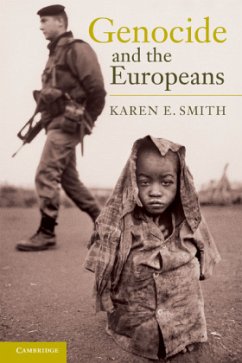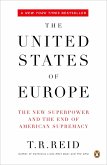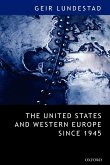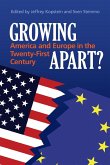Genocide is one of the most heinous abuses of human rights imaginable, yet reaction to it by European governments in the post-Cold War world has been criticised for not matching the severity of the crime. European governments rarely agree on whether to call a situation genocide, and their responses to purported genocides have often been limited to delivering humanitarian aid to victims and supporting prosecution of perpetrators in international criminal tribunals. More coercive measures - including sanctions or military intervention - are usually rejected as infeasible or unnecessary. This book explores the European approach to genocide, reviewing government attitudes towards the negotiation and ratification of the 1948 Genocide Convention and analysing responses to purported genocides since the end of the Second World War. Karen E. Smith considers why some European governments were hostile to the Genocide Convention and why European governments have been reluctant to use the term genocide to describe atrocities ever since.








